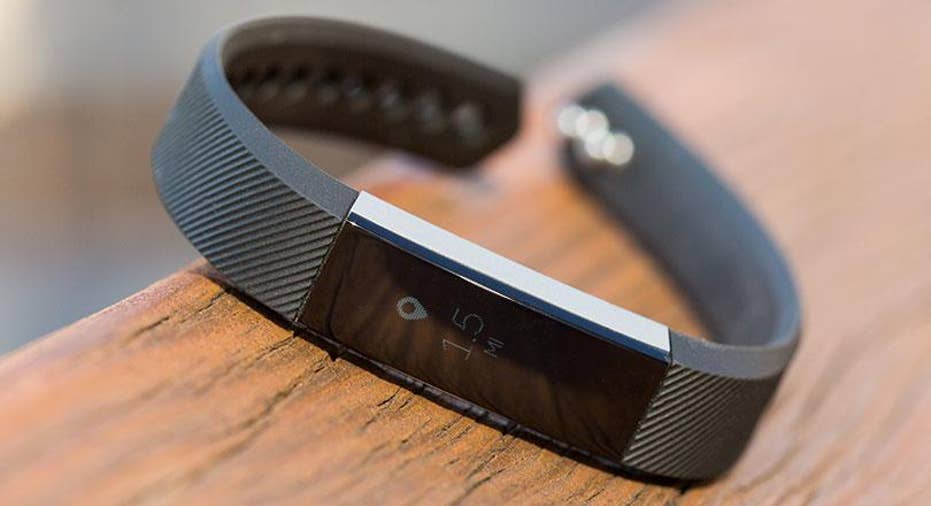Judge: Fitbit Did Not Steal Jawbone Trade Secrets

Fitbit did not steal Jawbone's trade secrets, according to a US International Trade Commission (ITC) judge.
Judge Dee Lord this week ruled that there has been no violation of the Tariff Act, and no evidence either party misappropriated any proprietary knowledge.
"We are pleased with the ITC's initial determination rejecting Jawbone's trade secret claims," Fitbit CEO James Park said in a statement.
In July 2015, Jawbone filed a complaint with the trade agency, accusing Fitbit of infringing on six patents, and poaching employees with knowledge of confidential business plans, Reuters reported. All six patents were ultimately eliminated from the ITC's investigation: two were withdrawn and the other four invalidated before the May trial.
"From the outset of this litigation, we have maintained that Jawbone's allegations were utterly without merit and nothing more than a desperate attempt by Jawbone to disrupt Fitbit's momentum to compensate for their own lack of success in the market," Park said.
Lord's decision—while a win for Fitbit—dashes any hopes Jawbone had of banning its rival's fitness trackers. Jawbone, however, recently earned a victory in a separate case, in which a judge found three Fitbit patents invalid, according to Reuters. The San Francisco-based firms are also contesting patents in federal court.
"Our customers can be assured that we remain fully committed to creating innovative products that consumers love, and that we are excited about the pipeline of new products coming out this year," Park said.
Jawbone did not immediately respond to PCMag's request for comment.
Despite recent reports that the manufacturer will stop production of its fitness trackers and sell its speaker business, Jawbone said in June that it is "still committed to the wearables business."
"We have never been more excited about our pipeline of technology and products and look forward to sharing them with the world when ready," the company said in a published statement.
This article originally appeared on PCMag.com.



















